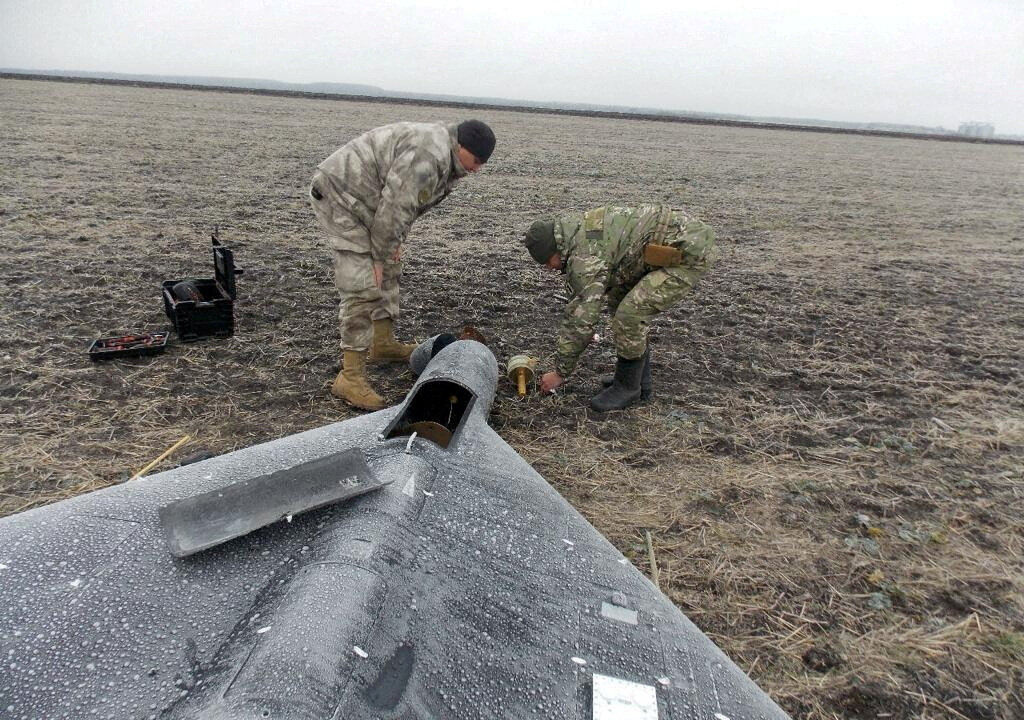The United States sanctioned two Chinese companies on Thursday over their role in Russia’s secret drone project in China.
The companies, Xiamen Limbach Aircraft Engine Co. Ltd. and Redlepus Vector Industry Shenzhen Co. Ltd., were targeted for their involvement in developing and manufacturing Russia’s Garpiya series long-range attack unmanned aerial vehicle, according to the Department of the Treasury.
It’s the first time the United States has sanctioned Chinese entities responsible for the development and manufacture of full weapons systems in partnership with Russian firms.
Also sanctioned were Russian national Artem Mikhailovich Yamshchikov and his company, Limited Liability Company Trading House Vector, for Yamshchikov‘s role in the project, the Treasury said in a press release….
US Sanctions Chinese Entities Over Drone Development for Russia

